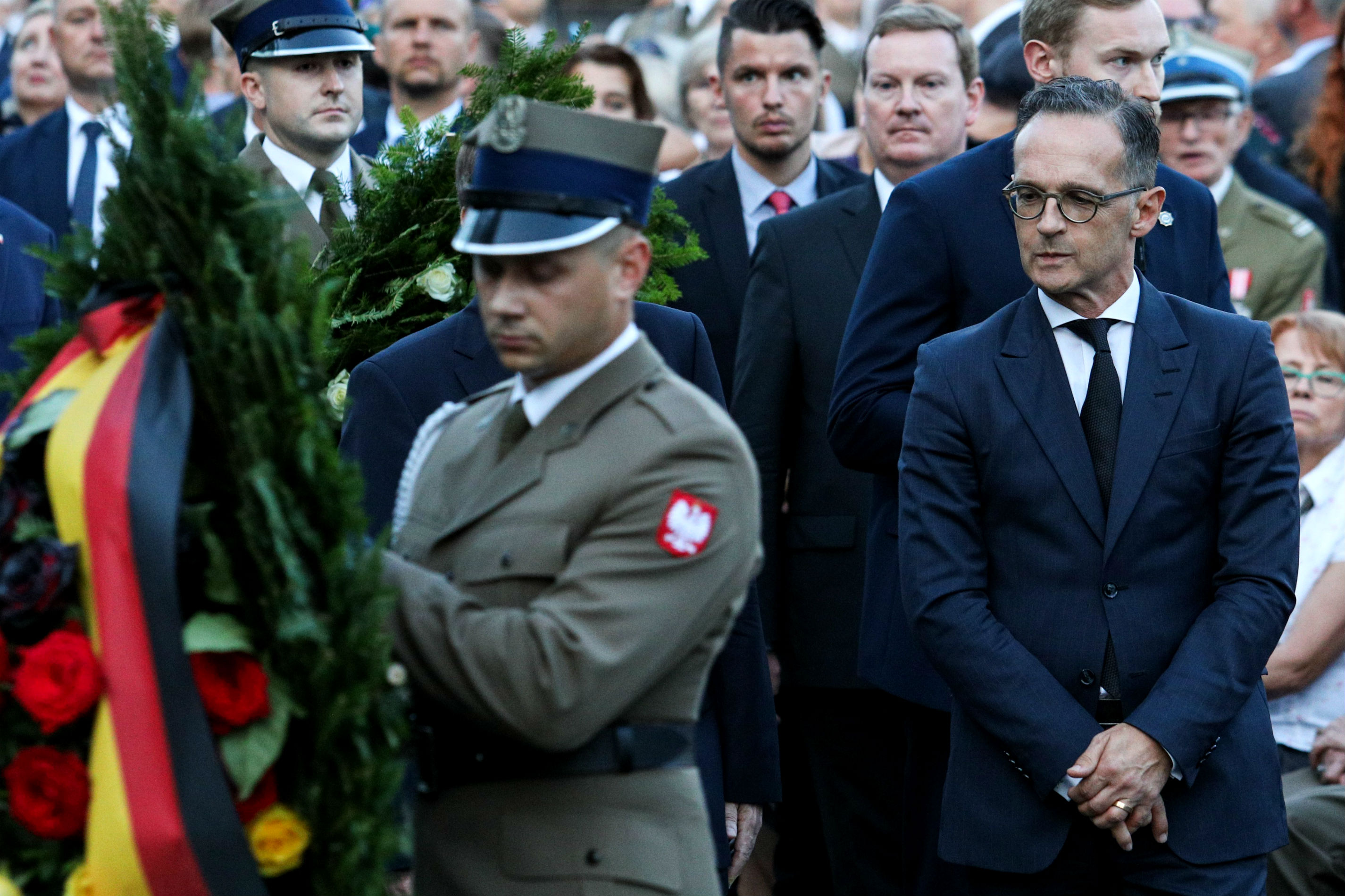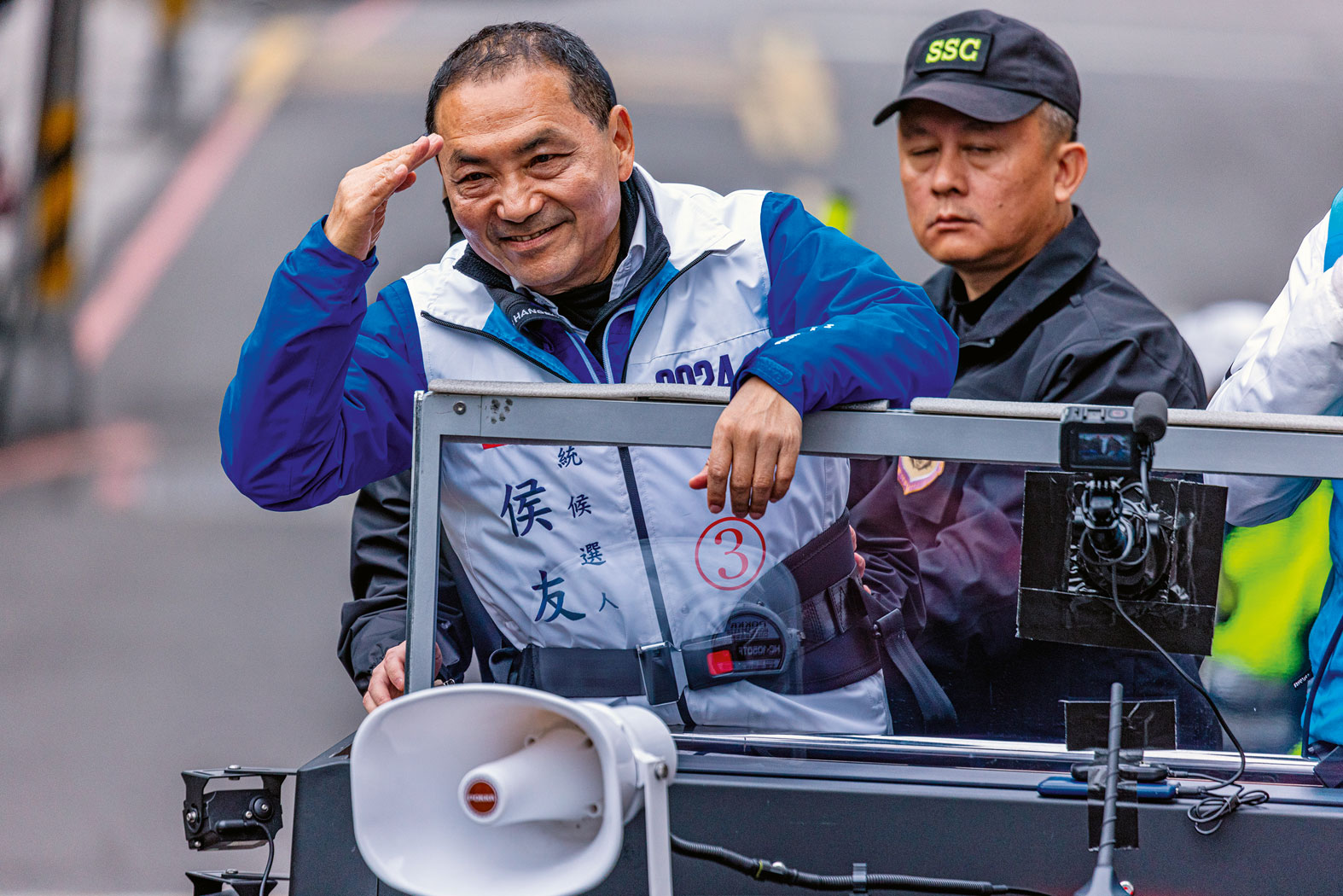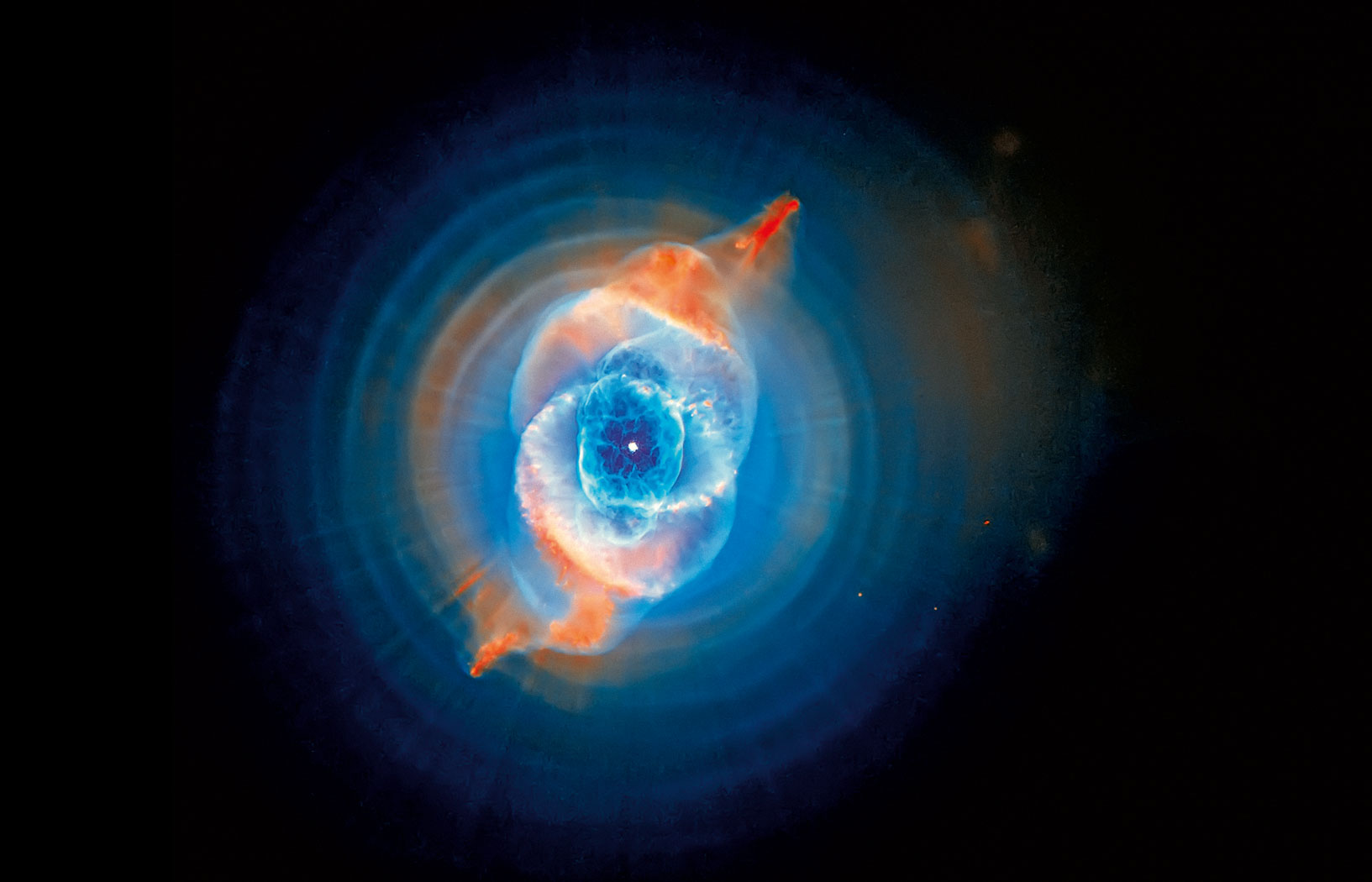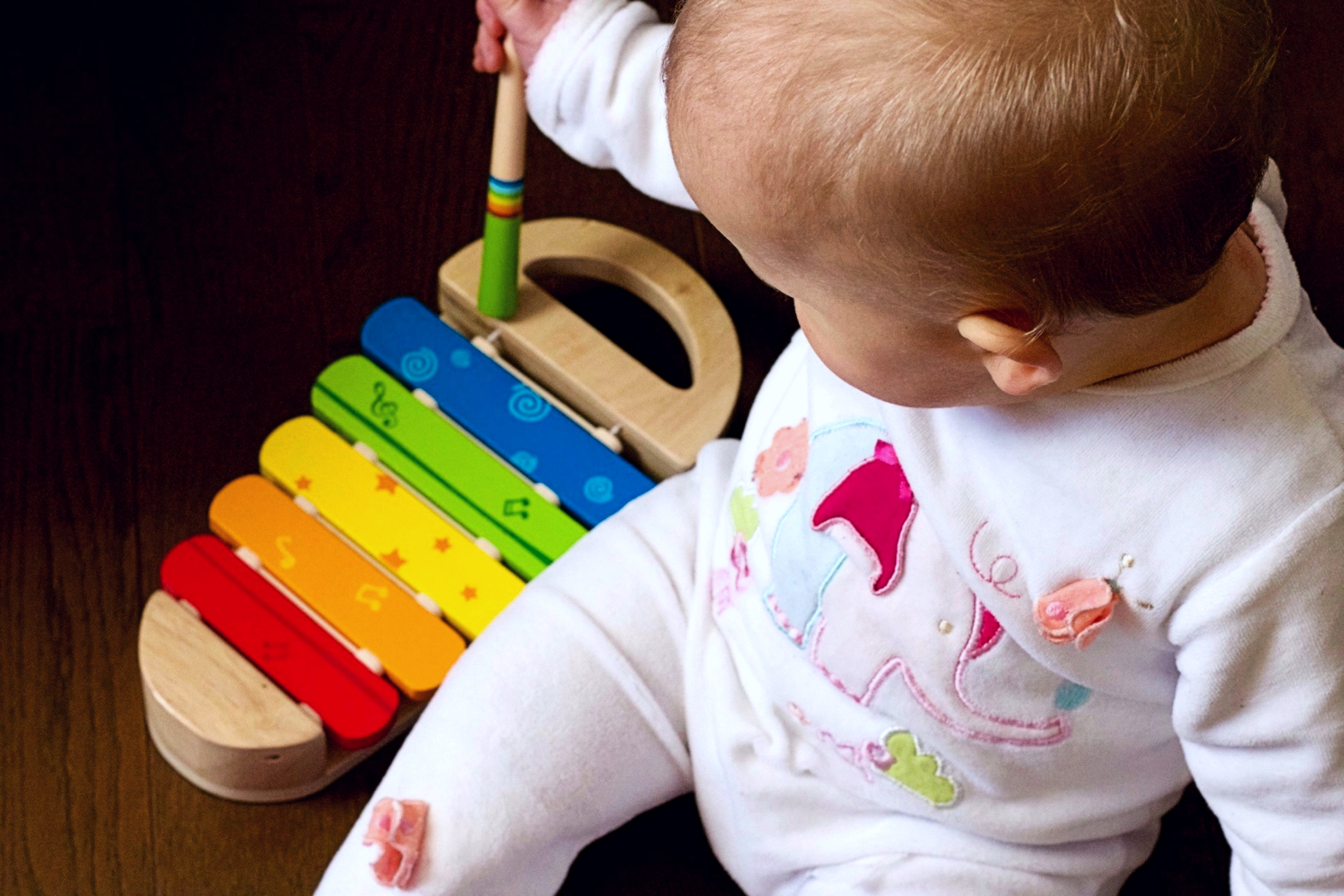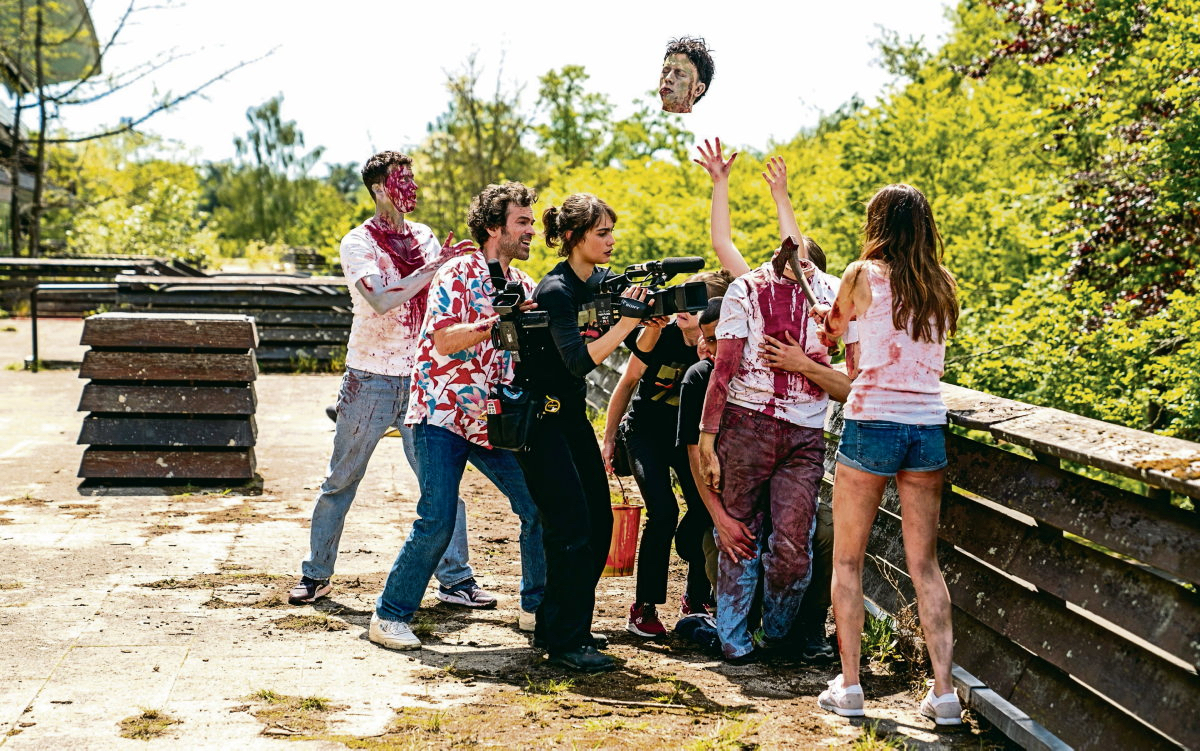Independence is not given once and for all. According to historian Prof. Andrzej Nowak from Jagiellonian University and the Polish Academy of Sciences.
Polish News Agency: 104 years have passed since Poland regained its independence in November 1918. Today, Ukrainians are fighting for their freedom and independence. Can the situation of the war beyond our eastern frontier make us appreciate the events of 1918?
Teacher. Andrew Nowak: I believe that today they acquire a very important and living meaning. First, we must re-realize that independence is not given once and for all. Our neighbors are dying for this value, because the forces and political systems that are ready to take the independence of their neighbors by force are still active. Russia with all its imperialism proves that the independence of the countries of our region can be brutally threatened by military force.
In this situation, what was recreated with so much effort by the Poles one hundred and four years ago is a current value and, unfortunately, still uncertain and always requiring sacrifices on our part. Today we understand this in a way that is certainly more tangible than a year or two ago.
In November 1918 the Poles also fought with the Ukrainians for Lwów. Can we look at these events a little differently today, precisely in the context of the war in Ukraine?
The war in Ukraine also affects our mutual relations. In fact, the regaining of Poland’s independence was closely linked to the struggle for Lwów. It was a conflict that remains a tragedy for both sides, especially for the side that lost the conflict from today’s perspective. Today Lwów is not part of the Polish state, and what the Aiglons fought for in November 1918 seems lost today.
However, it is precisely the struggle Ukrainians are waging at the moment that shows that there is something that can overcome the legacy of the Polish-Ukrainian conflict on the borders, for a very important cultural and symbolic place, both on our spirituality and on the real historical map of the former Republic of Poland. This is precisely what the common struggle for freedom is against the enemy who wants to destroy Ukraine as a whole and who can also – and has done so many times in its centuries of imperial history – completely destroy the independence of Poland. This enemy is precisely Russian imperialism.
In the context of the current geopolitical situation, but also the humanitarian situation in which so many millions of Poles are helping so many millions of Ukrainians, it becomes more relevant to remember what happened on November 1 1918 on the streets of Lviv, that is, this fratricidal fight for a wonderful city, but what happened less than two years later, when Ukrainian soldiers under the command of Symon Petliura wanted to fight alongside the Polish army for their independence against the Bolshevik imperialism of Moscow.
I think this should also be particularly remembered in the current context for the memories of the struggle for independence and its defense 104 and 102 years ago.
What role did the events of November 1918 play in the Second Polish Republic?
Referring to regaining independence was the most basic way of living patriotism. After all, this independence had only just been rebuilt, and we had to build our own state from the system imposed by the invaders for more than 120 years. Our ancestors were aware of the enormous and historic success of regaining independence. At the same time, they were aware of the task of strengthening it and of the effort to defend it. The concern for independence was the most important element in the construction or formation of the patriotism of the 2nd generation of the Republic of Poland.
I think it was the most vivid and perhaps the strongest patriotism in our entire history. September 1939 became a test for him, and then this fight, which in September 1939 did not end or even in May 1945, when the Second World War officially ended in Europe. This fight lasted in fact until 1989, that is to say until the Poles could – perhaps partially – choose their own government, their own political representation, in free elections.
So how did this memory of regaining independence help Poles survive war and communist slavery?
In the entire period from 1939 to 1989, two dates were very vivid in the hearts of millions of Poles – November 11 and May 3. The Constitution of May 3 and the reconquest of independence were the two most important symbols of what the Poles had aspired to for fifty years, which was their dream.
This shows the attachment to the commemoration of these two dates, even if during the occupation, of course, these holidays could not be celebrated. These two dates were also not included in the calendar of official celebrations of the communist period, on the contrary – they were even disputed.
Let us remember, for example, the tragedy that occurred during the celebration of Constitution Day on May 3, 1946. The Communist authorities decided to use this holiday to suppress the reflex of Polish patriotism and appease the youth who was protesting in many cities against the new enslavement. The most dramatic events took place in Krakow.
The memory of the events of November 1918 was forbidden in Polish society during the communist period, or at least pushed aside the formally most important holiday: July 22, the anniversary of the fact that Poland was re-enslaved by Moscow. However, the memory of 1918 and the defense of independent Poland in 1920 was all the more intense in the generation of those who survived the Second World War and those born after, but from their homes and their parents, the conviction that independence is a value that cannot be forgotten.
Legacy November 1918
What then is the legacy of the events of November 1918 in contemporary Poland?
First of all, we are left with independence, that is the most important thing. If it had not been recovered in 1918 and had not been defended two years later, Poland would not exist today, and we would not speak Polish.
In 1939, Polish independence was again threatened by the pact of two imperial neighbors of the Second Polish Republic – the Third Reich and the Soviet Union – who wanted to destroy it. Without the will to resist in the name of the value rediscovered in November 1918 and so deeply internalized by the generation of that time against the new enslavement, we would not be where we are today. We should repeat it to ourselves. The greatest contemporary achievement of independence regained in 1918 is that we are still and can develop in our own way, for ourselves and for our children.
Is there still a lesson to be learned? Do we really respect independence?
For a section of Polish society which may have forgotten the importance of the fundamental question of independence, the events of the past ten months have been a wake-up call.
Unfortunately, some opposition politicians still show a dramatic disregard for the concept of independence, almost in line with Vladimir Putin in attacks on the Polish state, on the security of our borders and our citizens. I mean those politicians who call for the opening of the eastern border with Belarus and Russia, which would now allow completely free infiltration by Putin’s agents and provocateurs. They use the slogans of defending the rights of migrants as if Belarus and Russia were states of free movement of migrants, and not authoritarian states that control every movement on their territory only in the interest of the political authority that wants enslave their neighbours.
These are manifestations of the irresponsibility of those people who, in the name of an internal struggle with the democratically elected parliamentary majority and its government, are ready to undermine the foundations of independence, are ready to destroy independence, just to “overcome” the enemy within.
So that’s kind of a negative lesson that we should learn. We must remember that it was this heat of party hatred for the rulers that was responsible for the loss of independence of the First Republic. This is what our partitioners were able to play when they created the Prussian and St. Petersburg (i.e. Russian) parties in 18th century Poland. In this way, they destroyed the Republic of Poland, which was trying to regain its independence and sovereignty from neighboring countries.
Perhaps the most important thing is that we should learn from the mistakes made by our ancestors more than 230 years ago and never again allow ourselves to be reduced to the role of a state played by imperial neighbors and a passive land that can be governed by foreign capital. Independence requires. It also forces the memory of mistakes that led to the loss of independence.
month/PAP



